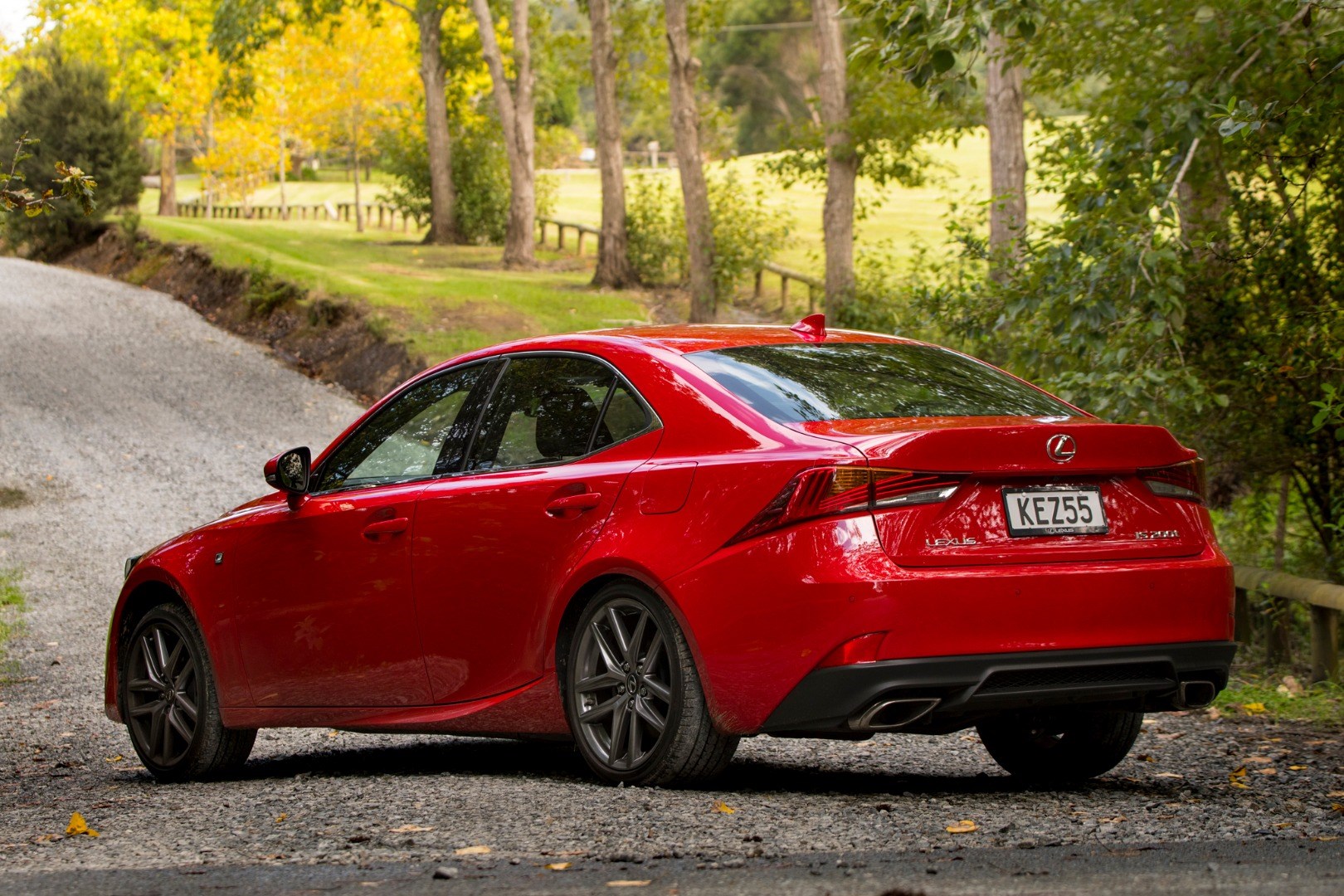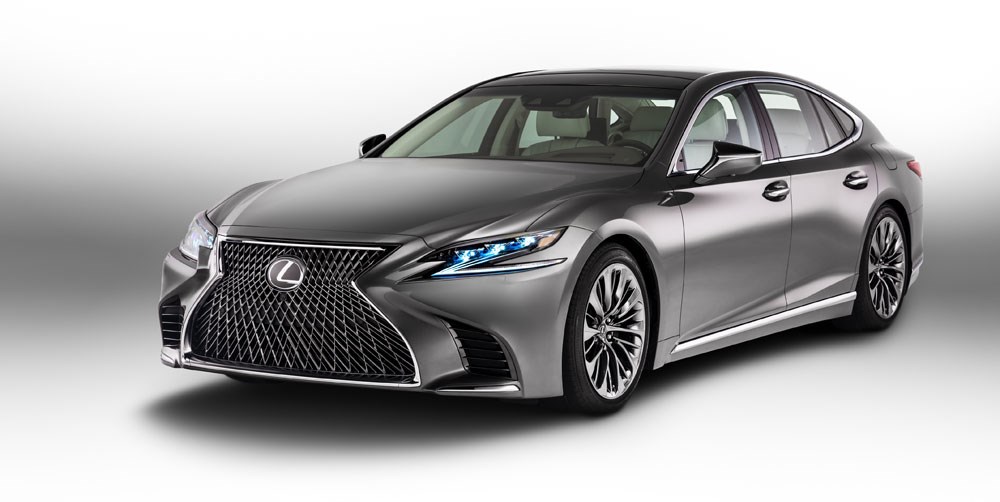I recently drove the new Lexus IS200t F-Sport back-to-back with my own personal IS200 for a Driven road test.
The shiny new IS200t was naturally a much nicer car all round than its eldest sibling. Quiet and refined inside, gorgeous (though some might argue otherwise) on the outside, smooth and easy to drive — a good all round car.
It was a meaningless comparison in a way, but what it did do was underline something to me — these two cars are from different worlds.
In the late-’90s and early ’00s, if you had $60,000–$80,000 to spend on a car, you could really only get an entry-level premium sedan, a well optioned large economy sedan, or the station wagon variant of either. And that was basically it; nobody ever considered SUVs and crossovers to be actual alternatives.

Nowadays however it's a different ball game — as SUVs and crossovers run circles around the sedan market for delivering the perception of improved practicality and safety. In this context, the new-age IS200 has to hit a much higher benchmark to compete with such alternatives.
Now, this isn't revolutionary thought by any stretch. Motoring journos have been saying this for years. However, it's rare to see a message like this come from a manufacturer. And ironically, it's come from Lexus during a recent interview with Automotive News.
"Unless we can really offer a sedan experience you cannot have with an SUV or crossover, I think the sedan may not be able to survive if it does not evolve," Lexus global branding chief and Toyota Motor design lead Tokuo Fukuichi said.
"At a certain point of time, the traditional, square, three-box sedan will go away."

Fukuichi's thoughts about the Lexus sedan range echo what ran through my head as I threw the IS200t F-Sport through the hills of the Waitakere Ranges, not quite getting the thrill I was hoping for from a so-called sports sedan. If a premium-price sedan isn't notably better to drive than similarly priced off-roader equivalents, then what's the point of it?
And while Fukuichi was mainly speaking for his own products, those comments are reflected in the decline of sedan sales as a whole. New Zealand's love for the SUV is clear to see in last year's Motor Industry Association sales data. In 2016, compact, medium, and large SUVs accounted for a whopping 36 per cent of passenger vehicle sales here. Compare that to medium and large-car sales over the same period; accounting for just eight per cent of sales.
Of the top 15 best-selling cars, three were SUVs while just one — the Holden Commodore — was a sedan (the list was dominated by utes like the Ford Ranger, Toyota Hilux, and Holden Colorado). And of course, the Aussie Commodore is on its deathbed as its Insignia-based replacement prepares to fill its shoes.

Does this signal death knell for sedans world wide then? Probably not for the likes of BMW, Mercedes-Benz, and Audi, who operate quite comfortably with their extensive sedan line-ups. But for someone like Mazda, Holden, or indeed Lexus, one must wonder. Less than a third of Lexus sales in the US are from their sedans.
What's the solution. Well, Fukuichi believes a reinvention is in order, where sedans occupy a more sporty and casual space by emulating sports-car like handling (“at the initial touch, it needs to respond sharply”) and also by lifting coupe-like design. Their new LS [above] looks to be making good on that promise of coupe-ish design, but the dynamics are the crucial bit.
Tesla are a bit of a curious outlier then aren't they. The Model S and the upcoming Model 3, both sedans, easily outshine the Model X as the marque's ambassador products. Although a crossover version of the Model 3 is supposedly on the horizon too.
Sedans aren't about to be killed off, not at all. But the idea of them as a market staple could be dead in the water. Maybe it is already.
And I don't think that slicing a bit of the roof line is the answer.




